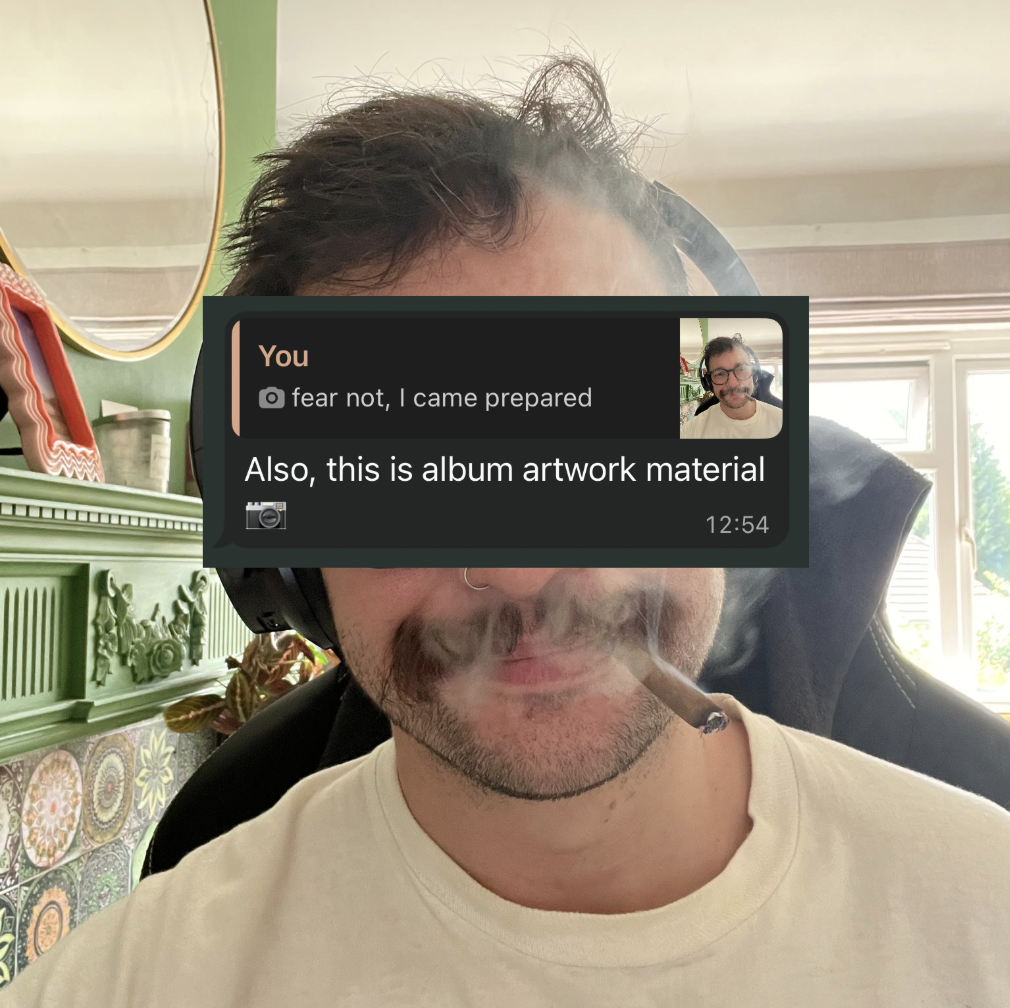
contents
learning to play an instrument is a journey filled with challenges, excitement, and the joy of making music. however, how you practice can significantly influence your progress, skill development, and overall enjoyment of the instrument. to help you get the most out of your practice sessions, here are some best practices to adopt.
1. set clear, achievable goals
begin each practice session by setting specific, realistic goals. whether it's mastering a particular scale, improving a challenging passage in a piece, or refining your technique, having a clear objective helps focus your practice and measure your progress.
2. create a consistent routine
consistency is key to progress. dedicate a regular time each day for practice and stick to it. even short, daily sessions are more effective than sporadic, lengthy ones. this consistency helps build muscle memory and reinforces learning.
3. warm up properly
just like athletes, musicians need to warm up before diving into intense practice. start with simple exercises or scales to get your fingers moving and your mind focused. warming up reduces the risk of injury and prepares you for more demanding work.
4. focus on quality over quantity
it's not about how long you practice but how well. focused, mindful practice for shorter periods is often more productive than long, unfocused sessions. concentrate on the task at hand and avoid mindless repetition.
5. break it down
when faced with difficult pieces or techniques, break them down into smaller, manageable segments. practice each segment slowly and accurately before putting them back together. this approach helps tackle challenging tasks more effectively.
6. use a metronome
rhythm and timing are fundamental to music. practicing with a metronome helps develop a strong sense of timing and can improve your speed and accuracy over time.
7. record yourself
listening to recordings of your practice can reveal insights about your playing that you might not notice in the moment. use these recordings to critique your performance and identify areas for improvement.
8. incorporate rest
rest is an essential part of practice. take short breaks during long sessions to prevent fatigue and maintain focus. moreover, giving your mind and body time to rest between practice days allows for better retention and muscle recovery.
9. seek feedback
whether from a teacher, mentor, or peers, constructive feedback is invaluable. it provides new perspectives on your playing and offers suggestions for improvement that you might not have considered.
10. practice with intention
every note you play or rhythm you practice should be done with intention. focus on the sound you're producing, the feeling of the instrument in your hands, and the emotion you want to convey. this mindful approach makes practice more meaningful and rewarding.
11. enjoy the process
finally, remember to enjoy the process of learning and making music. celebrate your progress, no matter how small, and remind yourself why you love playing your instrument. a positive attitude keeps you motivated and open to learning.
by incorporating these best practices into your routine, you'll not only improve your skills but also find deeper satisfaction in your musical journey. remember, effective practice is the key to unlocking your full potential as a musician.


